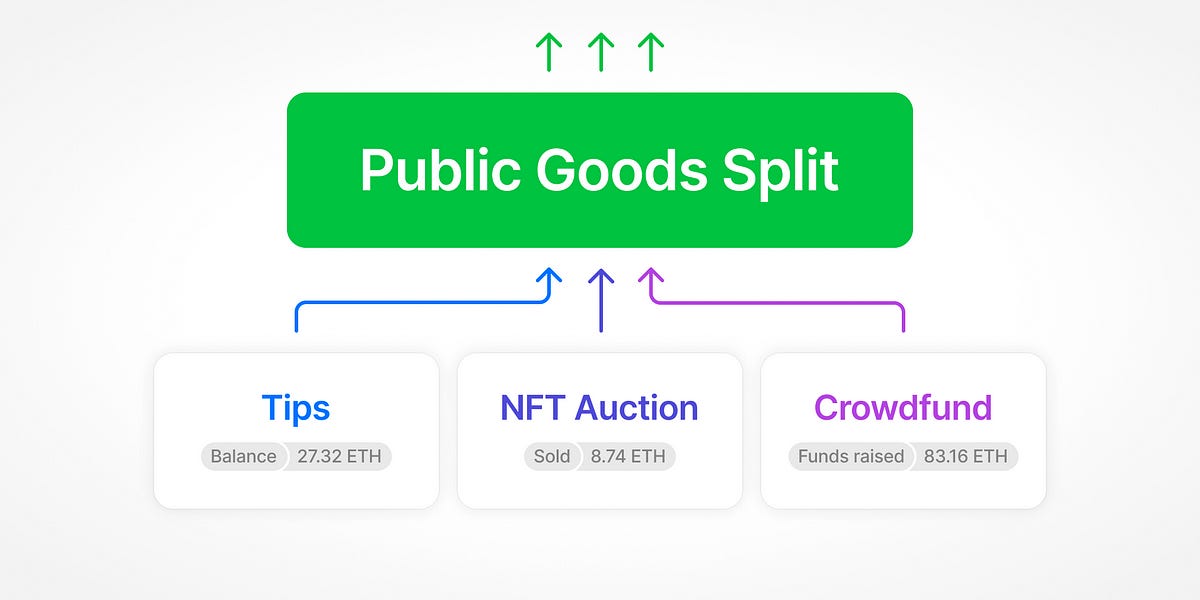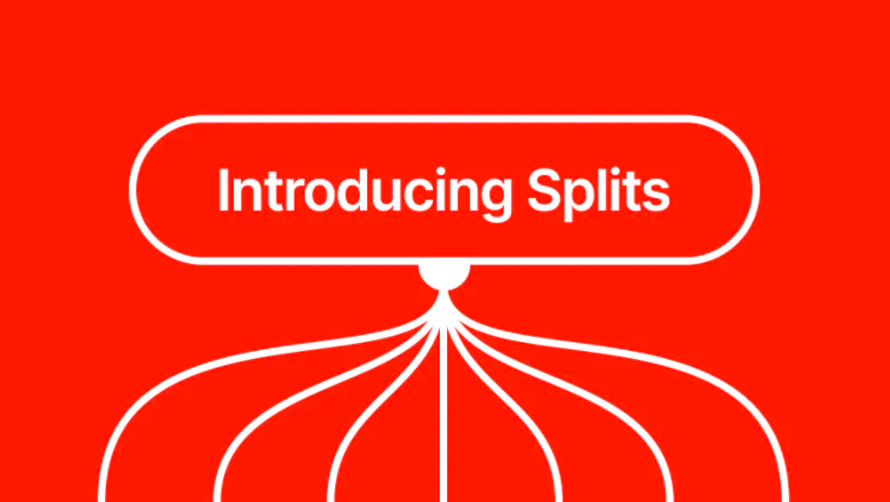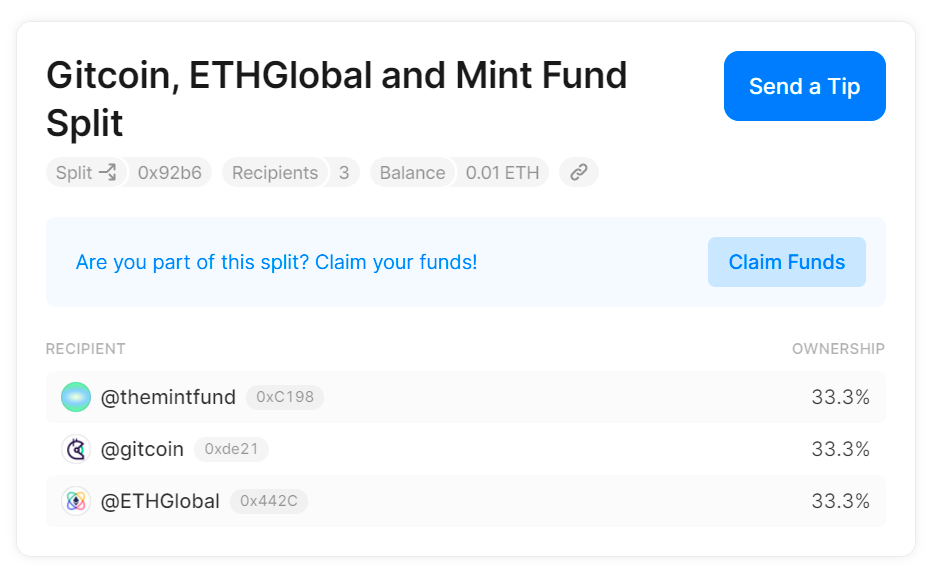NFTs, Legitimacy, & New Possibilities

Dear Bankless Nation,
In a recent appearance on Bankless, Vitalik Buterin mentioned the possibility of a status quo forming around NFTs that automatically distribute some portion of their proceeds to social causes.
It’s a compelling idea, and we have already seen more than a few cryptoartists doing great work in committing cuts of their NFT earnings to charitable causes.
The cool news is that it’s about to become way easier to automatically commit NFT proceeds to non-profit organizations and beyond courtesy of Mirror’s innovative new Splits system and solutions like it.
So if that status quo Buterin mentioned ever does come to fruition, Splits will likely play a big role in making that happen. Let’s dive in below, and I’ll explain why!
-WMP
Talking Legitimacy and Mirror’s Splits
In a recent Bankless podcast, hosts Ryan Sean Adams and David Hoffman were once again joined by Ethereum creator Vitalik Buterin, this time to talk about Buterin’s March 2021 essay “The Most Important Scarce Resource is Legitimacy.”
Listen in Podcast App | iTunes | Spotify | YouTube | RSS Feed
It’s a wonderfully insightful piece, and in the podcast the trio dive deeper into the work’s crux, i.e. legitimacy as a social phenomenon that has a range of fundamental implications around the cryptoeconomy.
For example, what will a project’s community accept and demand as it coordinates in decentralized fashion? That which it establishes as legitimate. And legitimacy can be achieved in a variety of ways, whether that be from fairness, performance, or beyond.
Later on in the podcast, the discussion eventually ended up on the topic of NFTs. The group talked about the Nyan Cat NFT, which Buterin noted was legitimate in no small part because it was resurrected and minted by the famous meme’s actual creator:
“[Y]eah, if someone else made a Nyan Cat NFT, then it would be much, much harder for you to resell it. And like you would just gain much less social satisfaction having it and so, you know, just for all of the reasons it’s much less valuable. So what this means is that NFTs are kind of heavily defined by legitimacy.”
Then the Ethereum co-founder started to wax on the idea of actively imbuing NFTs with more legitimacy by linking their revenues to positive social causes. The idea? NFTs linked to such causes could become the expected status quo in the future. Buterin said:
“[I]f we can affect these conceptions of legitimacy, then we could potentially kind of turn NFTs into, or at least nudge NFTs into something that's really, really useful for just like funding or, or funneling valuable resources into things that are valuable for society, right. So like, one example that I have is if we create a conception that an NFT is more legitimate if it's kind of connected to some non-profit organization, and some portion of the revenues go to that organization.”
That’d be great for society and true to the spirit of the NFT movement, i.e. wanting to make the world and its ways better. And speaking from personal experience, my attention is piqued whenever I see a creator say a portion of their NFT’s proceeds will go to a particular cause or organization. So I totally agree with Vitalik, I think this kind of connection is foundationally legitimizing, even if subtly so.
The good news, then? There’s a powerful new tool on the scene that makes it easy for Web3 creators to automatically distribute ETH revenues around NFTs to any number of Ethereum wallets simultaneously, e.g. the wallets of organizations. That tool is Mirror’s new Splits system.
Mirror is an up-and-coming decentralized publishing platform via which media can be minted and crowdsourced as NFTs. The project notably unveiled splits this month, which the Mirror team describes as a “new primitive of economic attribution, patronage, and giving thanks.”

In a post published yesterday, the team explained that a powerful new way to use splits is for funding public goods. “You choose the cause you care about, add its Ethereum address to your split, determine the percentage allocation and you’re good to go,” they said, later adding:
“While historically one would be required to set their personal wallet as the sole recipient, splits allow you to include multiple Ethereum entities, including other splits. So an artist could create a split that routes 50% of the proceeds from an NFT auction to their own wallet and the other 50% to the Gitcoin, ETHGlobal and Mint Fund Split, automatically and immutably committing to support public goods in the process.”

And the Gitcoin, ETHGlobal, and Mint Fund Split is just one example. Any person, group, or organization with an Ethereum address can be a recipient in a split, so the charitable and patronage possibilities are wide open going forward.
Simply put, then, splits empower NFT creators to donate to positive causes in an unprecedented way. And in time it may come to be the general status quo that newly created NFTs divvy a small portion of their proceeds and royalties to social causes via splits or evolved split-like technology. If that happens it’ll be because we come to see these NFTs as more legitimate, as Vitalik has suggested!
Action steps
- 📺 Watch “Bankless Podcast #64 - Legitimacy | Vitalik Buterin”
- 📰 Read “Introducing Splits” by Mirror
